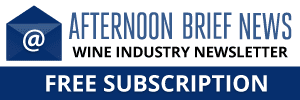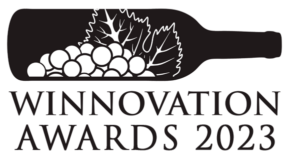
The wine industry is constantly faced with new trends, challenges and the pressure to stay ahead of the competition. With that comes the opportunity to innovate.
Each year, Wine Industry Network recognizes five wine industry innovators — not just for their impressive ingenuity or technical advances — but because of how their product and/or service betters the North American wine industry.
By Jeff Siegel
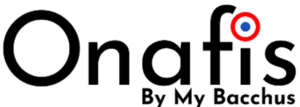 Six years ago, a French winemaker asked Alexandre Ermenault for help with measuring the sulfites in his wine. The winemaker wanted to use less, but it was a long and cumbersome process to monitor the amount during fermentation. He needed to take samples regularly, send the samples to a lab, and wait 24 to 72 hours for the results. Only then could he adjust the sulfites.
Six years ago, a French winemaker asked Alexandre Ermenault for help with measuring the sulfites in his wine. The winemaker wanted to use less, but it was a long and cumbersome process to monitor the amount during fermentation. He needed to take samples regularly, send the samples to a lab, and wait 24 to 72 hours for the results. Only then could he adjust the sulfites.
Wasn’t there a quicker and more efficient way?
After three years of research and development, that winemaker’s question led to Ermenault’s Onafis system for tracking and monitoring wine during aging in real time. The ONAFIS bungs offer an assortment of sensors that can track temperature and humidity in the cellar and wine room, and send alerts when preset conditions are met – or when something goes wrong.
Bringing tech into the cellar room
 The B-Evolution sensor, for example, can not only monitor cellar temperatures, but can detect microbes like Brettanomyces and volatile acidity drifts. The Densios Red fermentation probe can measure BRIX and densities several times per day. Both sensors send information to the company’s ONAFIS app, which provides the information in real-time.
The B-Evolution sensor, for example, can not only monitor cellar temperatures, but can detect microbes like Brettanomyces and volatile acidity drifts. The Densios Red fermentation probe can measure BRIX and densities several times per day. Both sensors send information to the company’s ONAFIS app, which provides the information in real-time.
In addition, the Onafis system can build data models that can warn of microbiological drifts or drifts linked to the oenological specifics of the estate.
“In the wine industry, digital technology in the vineyard is far more advanced than in the winery,” says Sophie Pallas, an enologist and Onafis U.S. market manager. “Monitoring vine growth or mapping data acquired by satellite and airplane or drone is common. So, in the cellar, the potential is huge to save time, reduce energy consumption, optimize flows and improve working conditions.”
In this, she says. wineries may be able to cut energy costs in the cellar and vat room by as much as 30%.
Various devices for various jobs
The company offers three types of products:
- The B Atmos and B Evolution aging probes. Both can monitor temperatures, microclimates and humidity. The latter is more complex, with support for Brett and VA as well as atmospheric pressure and dissolved and gaseous oxygen.
- The Densios Red, White and Rose, and Beer fermentation probes. Densios measures hour by hour the Brix level and the temperature. Automatic curves are sent to an app.
- The ONAFIS app, which connects to either phone or computer but also to any other tracking software used by the winery.
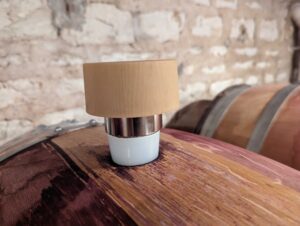 “We are unique because our technologies can be adapted to all winery’s methods, whether in barrel, tank or amphora, for white, red or rosé wines,” says Pallas. “This way, we have been able to create a technology that meets the challenges of the winery.”
“We are unique because our technologies can be adapted to all winery’s methods, whether in barrel, tank or amphora, for white, red or rosé wines,” says Pallas. “This way, we have been able to create a technology that meets the challenges of the winery.”
Early adopters
Onafis began in France in 2021, and four of the top five Grands Crus classés in Bordeaux use the product, and it expects further expansion to Champagne, Burgundy, Côtes-du-Rhône and Provence this year. It has also signed up customers in France and California.
“Customers who use our products are still in the early stages of discovery, but adoption is rapid,” says Pallas. “We want to help them produce ever higher-quality wines, while reducing time-consuming operations and cutting energy consumption.”
____________________________________________________________
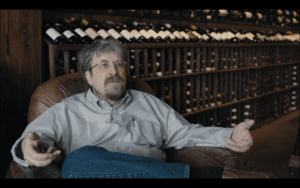 Jeff Siegel
Jeff Siegel
Jeff Siegel is an award-winning wine writer, as well as the co-founder and former president of Drink Local Wine, the first locavore wine movement. He has taught wine, beer, spirits, and beverage management at El Centro College and the Cordon Bleu in Dallas. He has written seven books, including “The Wine Curmudgeon’s Guide to Cheap Wine.”

